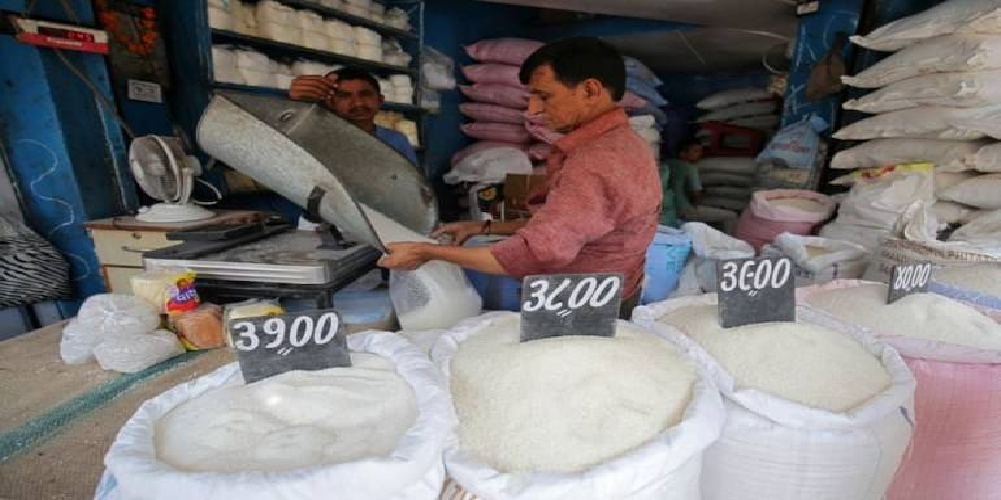
Indian second wave of COVID-19 may affect demand for sugar
May, 02, 2021 Posted by andrew_lorimerWeek 202119
The upsurge in the Covid-19 pandemic in India, one of the primary sugar producing and consuming countries globally, may affect local demand for the sweetener. Analysts are monitoring the scenario and the possibility of interruptions in export logistics.
“If the lockdown persists for a long time, then it will definitely affect sugar consumption,” stated Archer Consulting in a note. Industrial demand may be affected if restrictive measures continue. “We will keep our eyes open in the upcoming months of May and June when the demand is highest for soft drinks and ice cream. But until April, there will be no impact on the demand side”, stated the consulting firm.
Analyst Michael McDougall of Paragon Global Markets said that consumption in the Asian country should be affected. He recalls that changes in demand generally take longer to be noticed. “Companies that consume sugar also have stock, so it always takes a while for there to be a viable consumption statistic,” he says. However, McDougall projects that consumption at outdoor festivals, which are common in the country, should be hampered.
Together with Brazil, India is the largest global producer of the sweetener. On the supply side, there are still few signs that the pandemic has had a significant effect. “In terms of logistics, sugar is among the essential commodities, so it will keep moving,” says Archer. McDougall says he also has not received reports of problems with logistics. “At most, there may be some isolated case,” he says.
The world may become more dependent on the Indian sugar supply this year due to dry weather in Brazil’s central and southern regions. There is a possibility of cuts in the region’s production estimate. India’s government subsidy for exports this season (which runs through September) applies to 6 million tons. According to the Indian Association of Sugar Mills (ISMA), 2.97 million tons were already shipped between October 2020 and March 2021.
The limited quota of subsidies can hinder the country’s exports. “What they stop consuming should not be exported because exports are limited to 6 million tons,” says McDougall. In this case, international prices would need to continue to rise until Indian exports – where production costs are higher than in Brazil – are profitable.
Recently, there have been rumors about an increased quota for the remainder of this crop, but McDougall does not believe this will happen. “The government has no money,” he said. “The problem of the virus in the economy is going to be big. They have more serious problems than supporting sugar producers”.
Source: Novacana.com
-
Meat
Jan, 24, 2019
0
Saudi ban impacts 5 Brazilian poultry plants
-
Ports and Terminals
Oct, 10, 2024
0
High Port Logistics Costs in Argentina Impact Exports
-
Other Cargo
Mar, 23, 2022
0
Potash prices triple and reach all-time high
-
Ports and Terminals
Sep, 27, 2019
0
TCP Log hits a new record of containers in Depot Express



